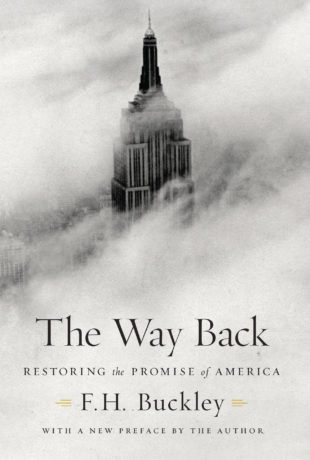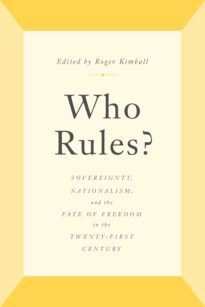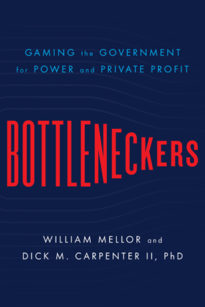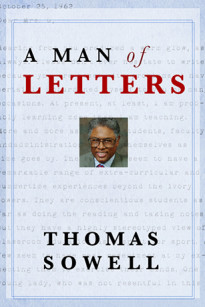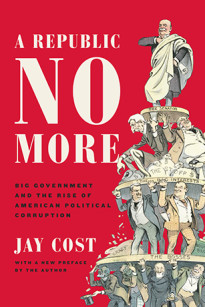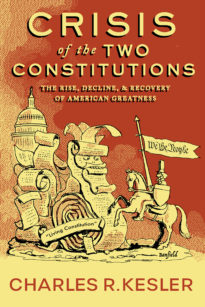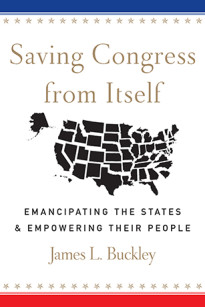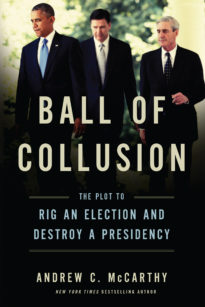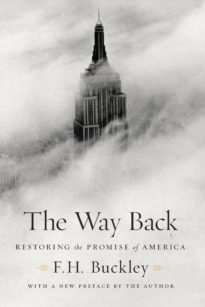The promise of America is that, with ambition and hard work, anyone can rise to the top. But now the promise has been broken, and we’ve become an aristocracy where rich parents raise rich kids and poor parents raise poor kids.
We’ve been told that the changes are structural, that there’s nothing we can do about this. But that doesn’t explain why other First World countries are beating us hands down on the issue of mobility.
What’s different about America is our politics. An ostensibly progressive New Class of comfortably rich professionals, media leaders, and academics has shaped the contours of American politics and given us a country of fixed economic classes. It is supported by the poorest of Americans, who have little chance to rise, an alliance of both ends against the middle that recalls the Red Tories of parliamentary countries. Because they support an aristocracy, the members of the New Class are Tories, and because of their feigned concern for the poor, they are Red Tories.
The Way Back explains the revolution in American politics, where political insurgents have challenged the complacent establishment of both parties, and shows how we can restore the promise of economic mobility and equality by pursuing socialist ends through capitalist means.
